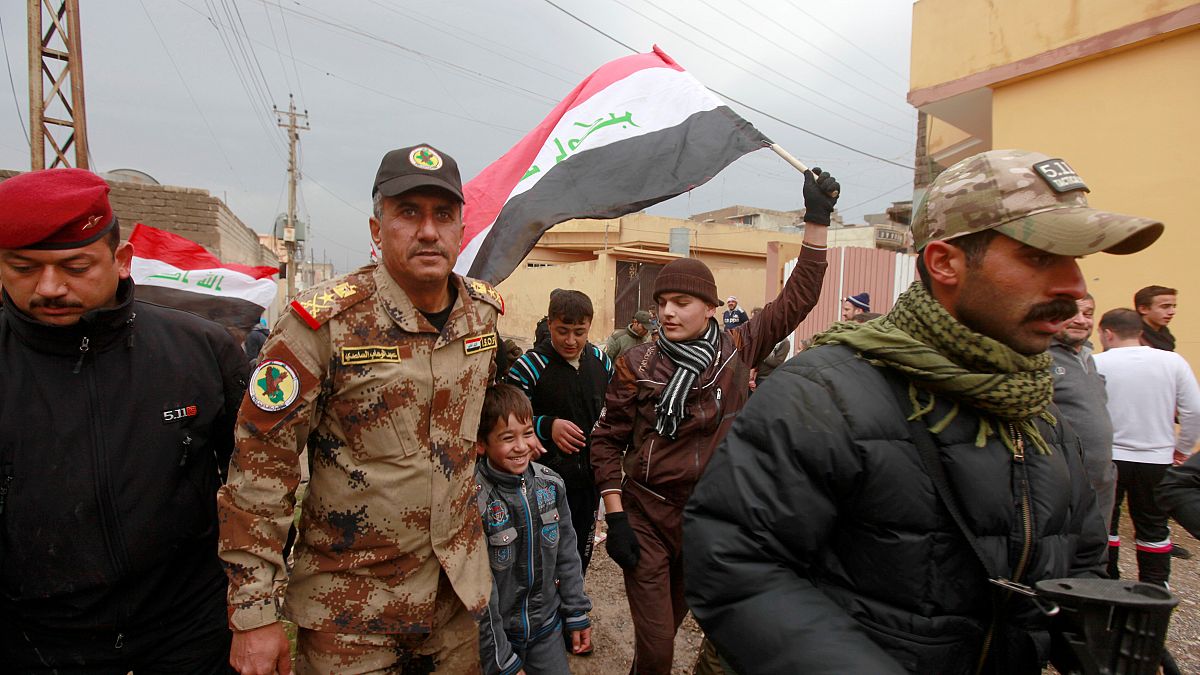Who is Iraqi Special Forces general Abdul Wahab Al Saadi?
Iraq is no stranger to civil unrest.
But over the past few days, cities across the country, have seen a wave of violent clashes between protesters and security forces.
The current period unrest can be traced back to the sacking of one man – Lieutenant general Abdul Wahab Al Saadi.
Formerly a senior officer in the country’s elite Counter-terrorism forces, Al Saadi played a key role in the battle against IS.
In recent years, he has become a national hero for his role in the fight against IS; in cities like Tikrit, Beiji and Mosul. Think of Dwight Eisenhower or Charles de Gaulle – he is, in many ways, Iraq’s modern-day equivalent.
On Friday, he was dramatically sacked by Iraq’s Prime Minister Adil Abdul Mahdi, - and moved to a desk job in the Ministry of Defence – not justification was given.
The sacking has angered Iraqi’s who view Al Saadi as one of the few public figures that have resisted involvement in party politics, or sectarianism.
They have taken to Twitter to vent their anger – launching a campaign with the hashtag “We are all Abdul Wahab Al Saadi”.
To understand why Al Saadi may have been dismissed, we must go back to 2015. He was leading an against the odds fight against IS in the town of Beiji, with barely 250 soldiers, he pulled off a Spartacus like victory.
Around the time of the campaign, he told the AP, “If I had accepted help from non-Iraqis, the history books will say the victory was not ours, the Iraqis”. Al Saadi was referring to Iranians, in particular, the Iranian backed militias, which have become a fierce and powerful actor in Iraq in recent years.
He rejected their involvement in the operation, and in other operations, he was involved in, angering Iranian-aligned elements in Baghdad.
His time spent training in the USA, his rejection of Iranian influence in his home country, despite being a Shia, has left him, in many people’s eyes, Washington’s man in the Iraqi military.
Whilst it doesn’t look like he will be reinstated anytime soon, activists are clear, a week since its launch, the hashtag is going nowhere.
